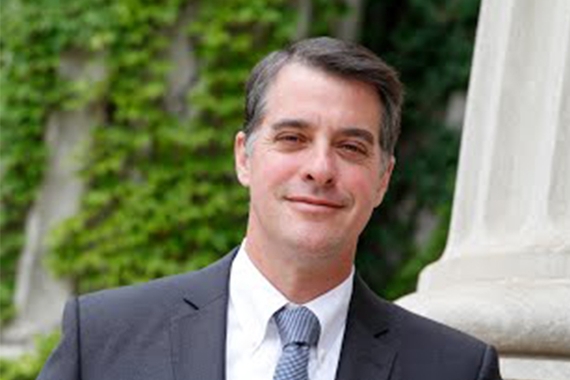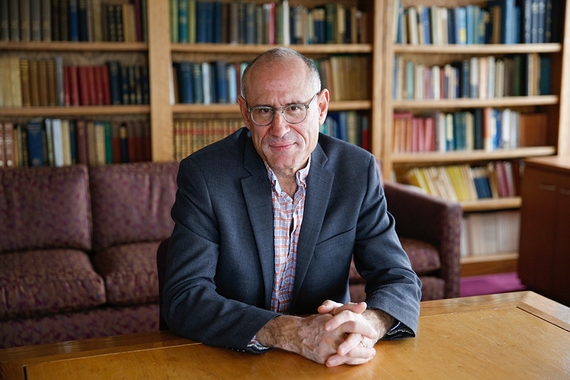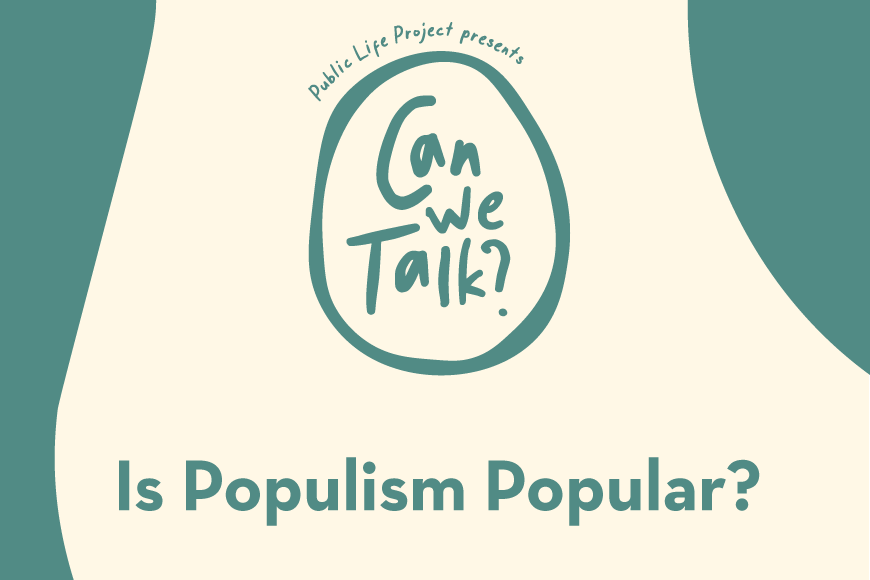Students! Can We Talk: Is populism popular?
117 Pleasant St SE
Minneapolis,
MN
55455
Much of the world has seen a rise in “populist” politicians such as Victor Orban in Hungary, Jair Bolsonaro in Brazil, and, of course, Donald Trump in the United States. Professor Howard Lavine (Political Science) argues that these politicians advocate policies which aren’t actually popular. Professor Christopher Phelan (Economics) sees them as tapping into a genuinely popular (and deserved) distaste against the elites and their policies country by country. A discussion between Professors Lavine and Phelan will be followed by a (hopefully) robust discussion with and among students.
About the presenters:

Christopher Phelan is a professor and former chair of the department of economics at the University of Minnesota. He has previously taught economics at Northwestern University and the University of Wisconsin–Madison and serves as an advisor to the Research Department of the Federal Reserve Bank of Minneapolis. He received a BA in economics and computer science from Duke University, and an MA and PhD in economics from the University of Chicago. His research agenda focuses on dynamic contracting, government reputation, game theory, monetary economics, and macroeconomics.His work has appeared in numerous journals, including the Journal of Economic Theory, Econometrica, the Review of Economic Studies, and the Journal of Monetary Economics.

Howard Lavine is Associate Dean of the Social Sciences in the College of Liberal Arts and Arleen C. Carlson Professor of Political Science and Psychology. His work centers on the psychological underpinnings of mass political behavior. He is the author of Open versus Closed: Personality, Identity and the Politics of Redistribution (Cambridge University Press, 2017), The Ambivalent Partisan: How Critical Loyalty Promotes Democracy (Oxford University Press, 2012), and the editor of The Feeling, Thinking Citizen (Routledge, 2017) and Political Psychology (Sage, 2010). He has published articles in The American Political Science Review, American Journal of Political Science, Journal of Politics, Political Analysis, Journal of Personality and Social Psychology, Personality and Social Psychology Bulletin, the New York Times, the Washington Post, and elsewhere. He is the past editor of the journal Political Psychology and current editor of the journal Advances in Political Psychology. His current work focuses on human rights, populism, partisan asymmetries, and the intersection of race and political context on public opinion.
About the series
Can We Talk? is a new event series that gives students and faculty a chance to discuss today’s issues in an informal, casual setting. Led by CLA professors, these conversations will invite participants to share knowledge, ideas, and perspectives on topics that often divide us.
The format
CLA professors will kick-off conversations by sharing differing perspectives on specific topics. Then they'll invite students to join the discussion. You'll have a chance to ask questions, offer counter points, and dig deeper to understand each other's points of view.
The snacks
Yes, there will be snacks! Sweet and savory treats will be served, along with hot and cold beverages.
